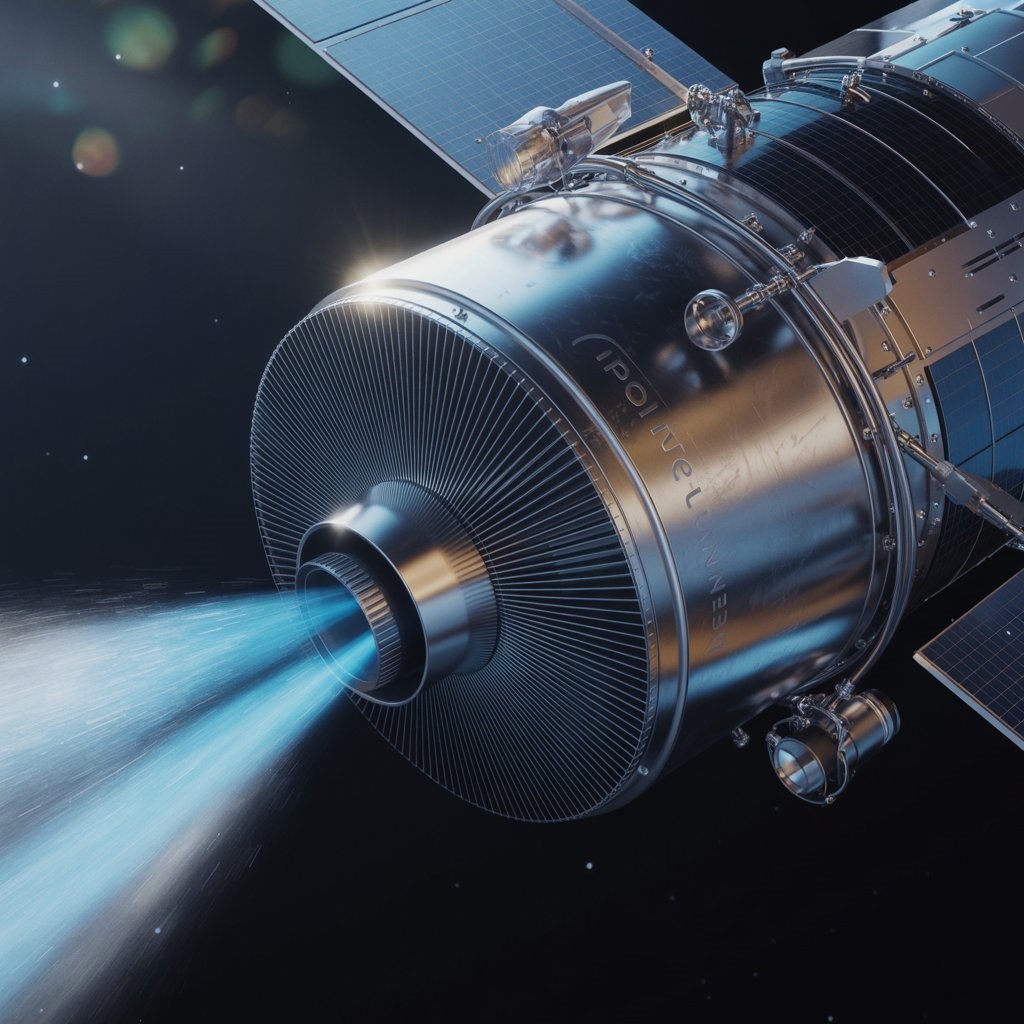
물로 움직이는 위성? 우주비행을 혁신하는 획기적 추진제
위성의 물 추진은 증기 추진(레지스토젯), 연소를 위한 수소와 산소로의 전기분해, 또는 고 ISP 추진을 위한 물-플라즈마/이온 스러스터를 사용할 수 있습니다. Momentus Space의 Vigoride는 마이크로파 전기열 스러스터(MET)를 사용하여 태양광으로 물을 마이크로파로 가열해 플라즈마로 끓인 뒤, 이를 고에너지 제트로 분사합니다. 2023년 1월, Momentus의 Vigoride-5는